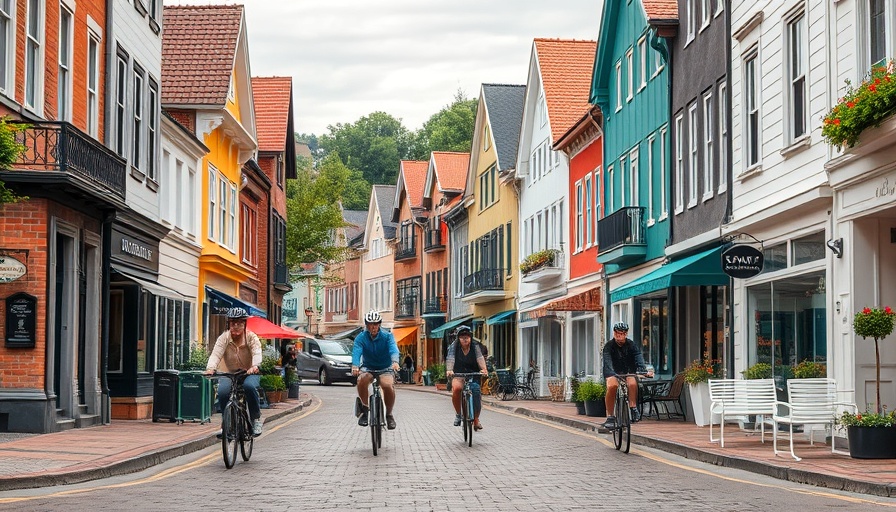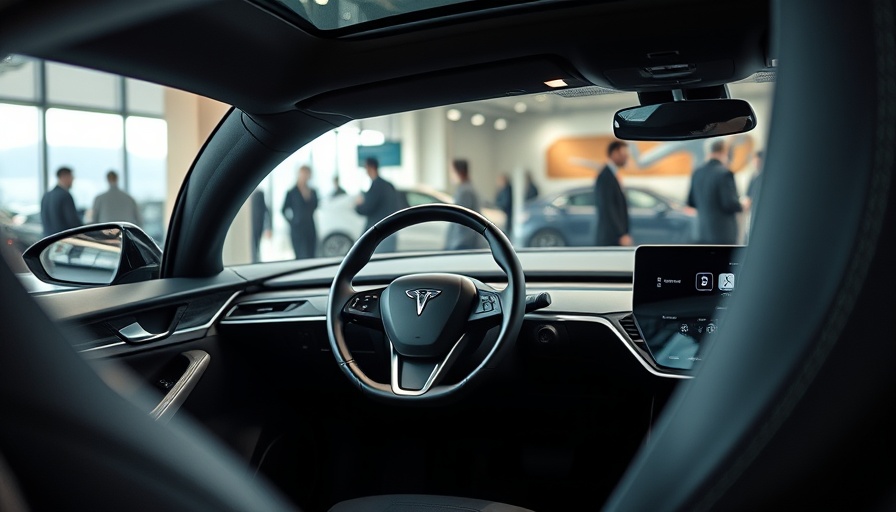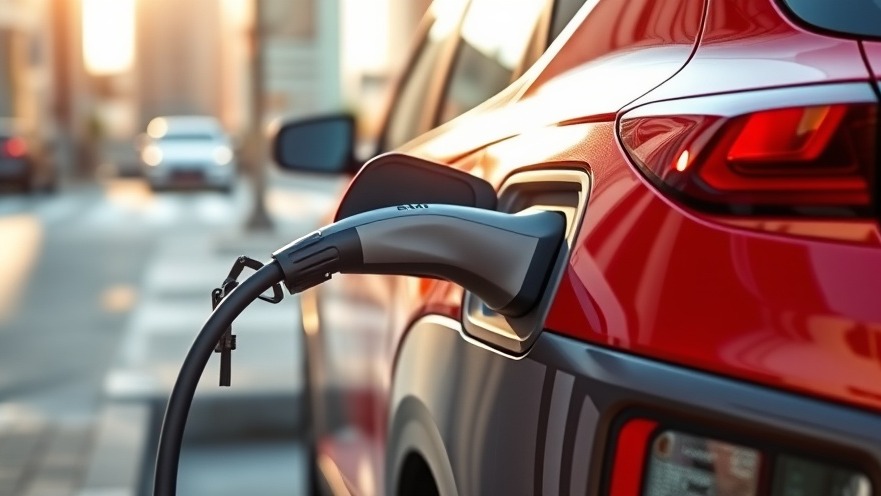
More City Streets Are Embracing Cyclists: A Sustainable Shift
Across the United States, cities are transforming their streetscapes, prioritizing bicycles over cars to improve urban mobility. This shift not only meets sustainability targets but also promotes public health and alleviates traffic congestion. As this trend gains traction, urban areas are beginning to feel the impact, reminiscent of Mackinac Island, where bikes reign supreme.
Mackinac Island: A Model for Bike-Friendly Cities
Nestled in Lake Huron, Mackinac Island has long been a beacon of bike-friendly living. With 70 miles of trails and a complete ban on motor vehicles, it showcases the joys of pedal-powered transportation. As kids, many of us fantasized about living in a world where cars were replaced by bikes—a dream that is slowly becoming a reality in larger cities.
U.S. Cities Are on the Move: The 2025 Bikeability Rankings
This year, PeopleForBikes reported a monumental rise in the number of cities scoring above 50 in their bikeability ratings—234 cities reached this tipping point, a significant leap from just 33 in 2019. This transformation emphasizes a growing recognition of cycling as a critical component of urban infrastructure. Notably, the largest U.S. cities are taking strides to invest in bike lanes and cycling access.
Denver’s E-Bike Initiative: A Step Towards Accessibility
Denver’s innovative e-bike rebate program has drawn attention for its potential to bridge the gap in bike accessibility. By providing substantial discounts for lower-income residents, the program encourages cycling as a viable transport option for all citizens. While the city scored a 47 in the latest rankings, its commitment demonstrates a positive trajectory towards a more bike-friendly urban environment.
Health and Eco Benefits of Urban Cycling
Choosing to bike has multifaceted benefits. Aside from improving physical health by encouraging exercise, cycling also leads to reduced fossil fuel dependence, contributing to cleaner air. The increase in biking can significantly lower urban noise pollution, creating a more pleasant environment for all inhabitants.
Spotlight on Corporate Sustainability Initiatives
Businesses are noticing the shift in transportation preferences as well. Many companies are investing in bike-friendly policies, including safe storage for bikes and benefits for employees who cycle to work. By aligning with eco-conscious practices, they help foster an atmosphere that values sustainability and workplace wellness.
Challenges Faced on the Road Ahead
Despite the momentum, challenges remain. Cities must address infrastructure gaps to ensure safety and ease for cyclists. The transition from car-centric designs to ones that prioritize biking requires financial resources, political commitment, and community engagement. Some communities face resistance to change, particularly in areas where vehicle traffic has long been the norm.
What This Means for Hospitality Professionals
For boutique hospitality professionals, understanding the implications of this bike-friendly movement is crucial. Guests increasingly prioritize eco-friendly accommodations and expect their surroundings to cater to their values. By aligning with urban biking initiatives, hotels and lodges can enhance their appeal and encourage guests to explore their destinations sustainably.
If you’re a hospitality entrepreneur, consider implementing bike rental programs or partnerships with local bike shops. This creates a unique selling point, enhancing your guests’ experience while supporting city efforts toward sustainability. It's a win-win!
Actionable Insights for a Sustainable Future
As cities rethink their structures and embrace biking, now is the time for readers to explore how these changes impact their local area and business. Engaging with municipal planning meetings or advocating for bike lanes can be ways to contribute to this evolving narrative in urban environments.
A Call to Action
Join the movement for a more bike-friendly future! Whether you’re a hospitality professional or a community member, your voice matters. Advocate for improved cycling infrastructure and reap the benefits of healthier, more sustainable cities. Together, let’s pedal towards a greener future!
 Add Row
Add Row  Add
Add 




Write A Comment